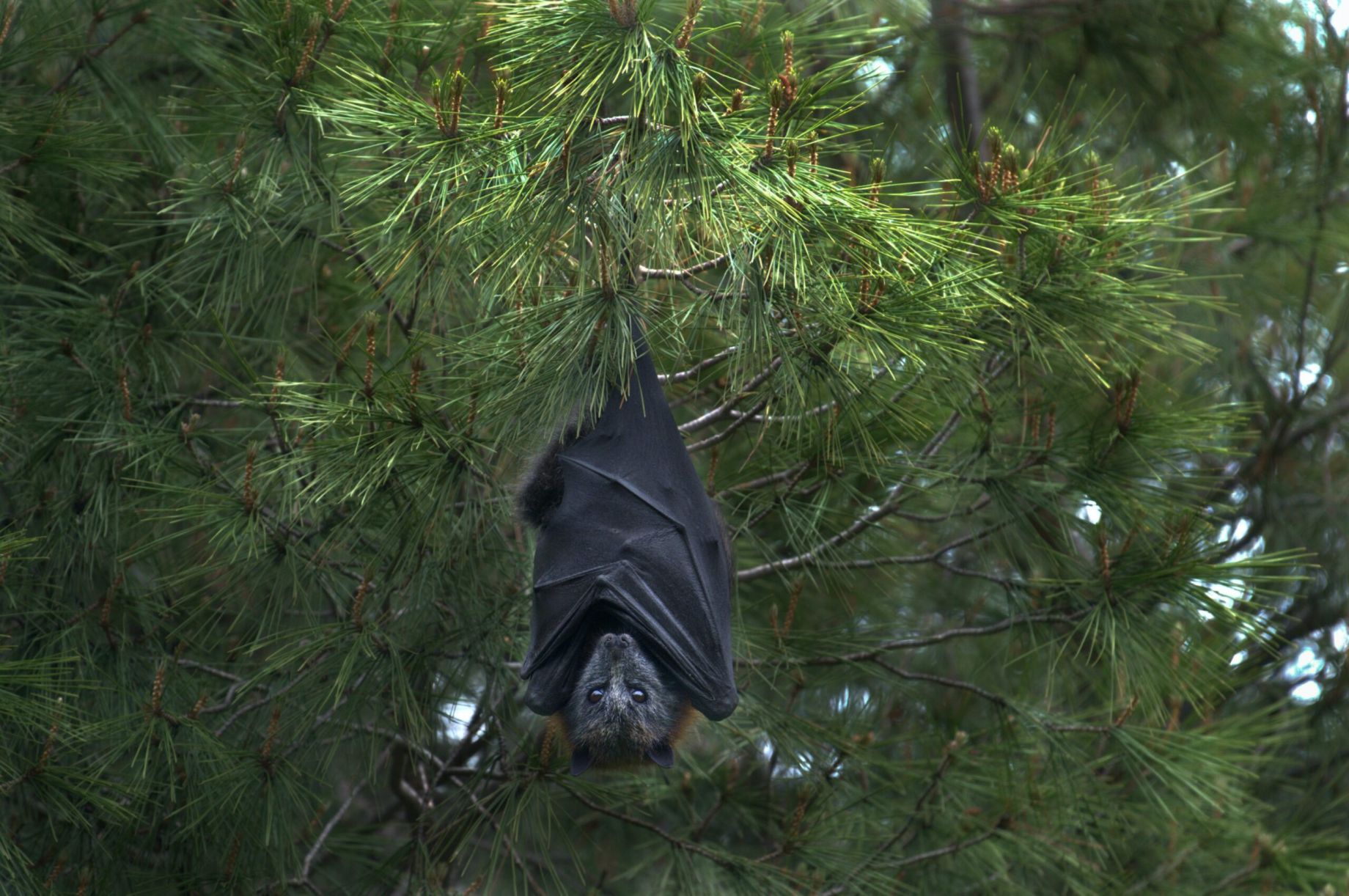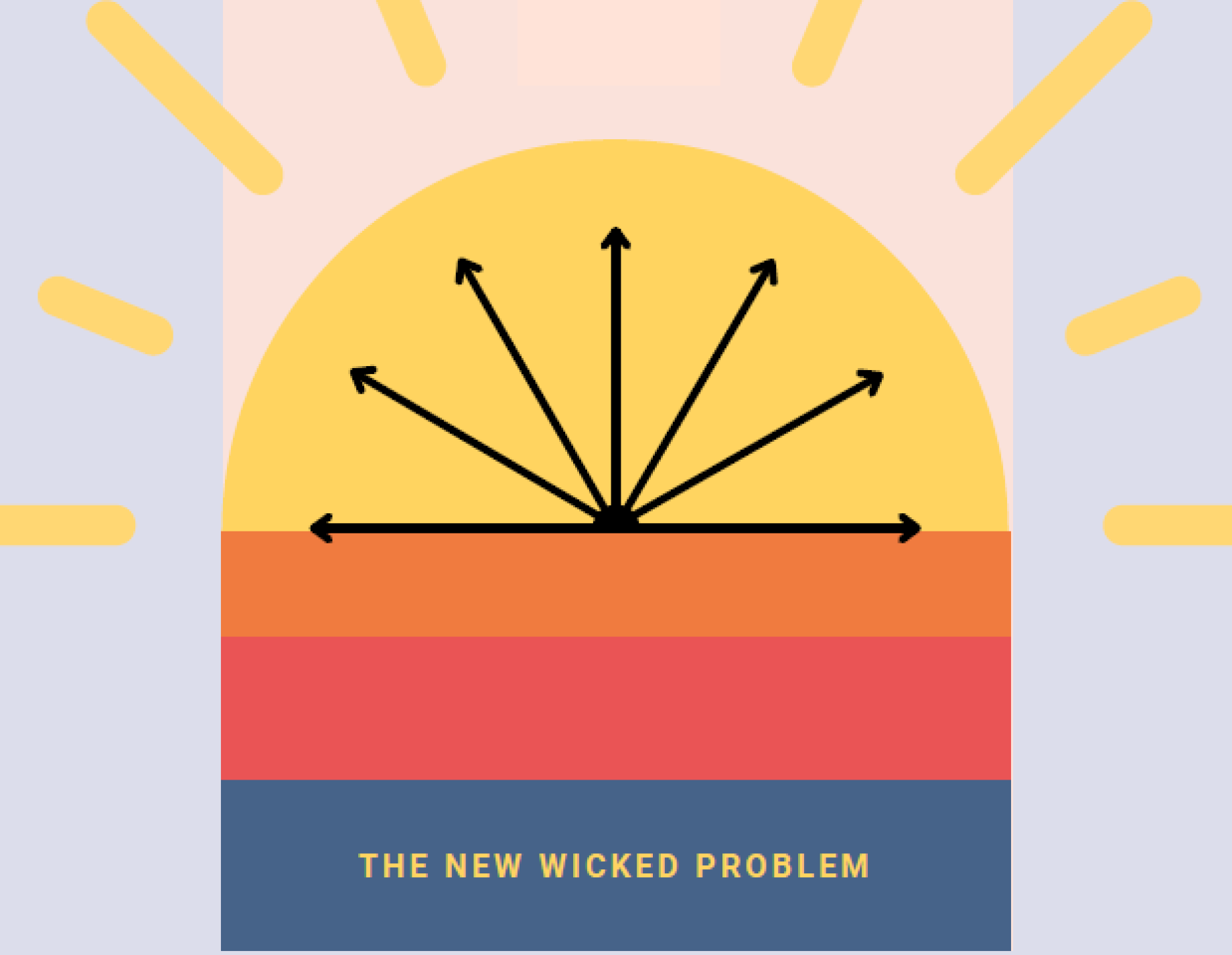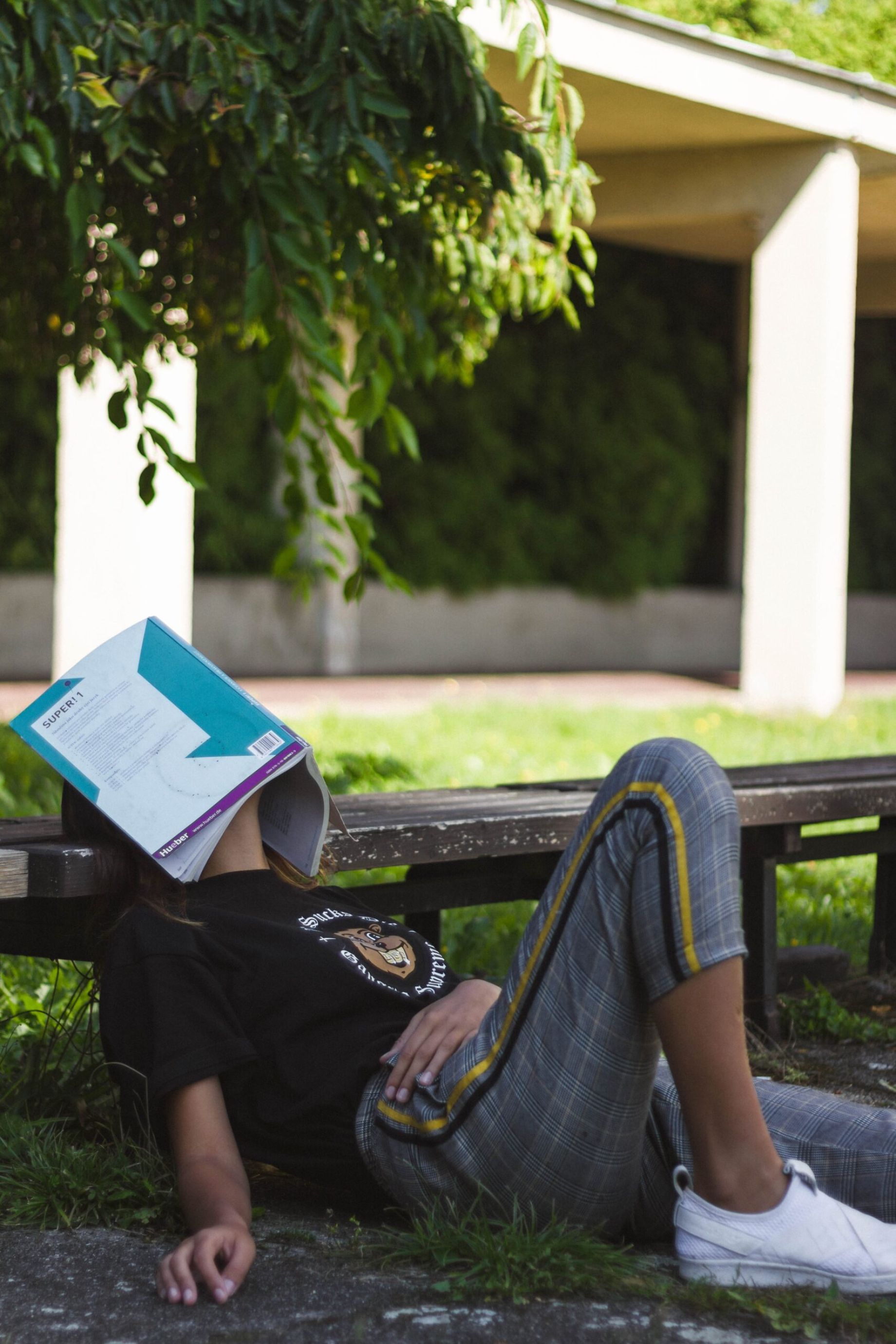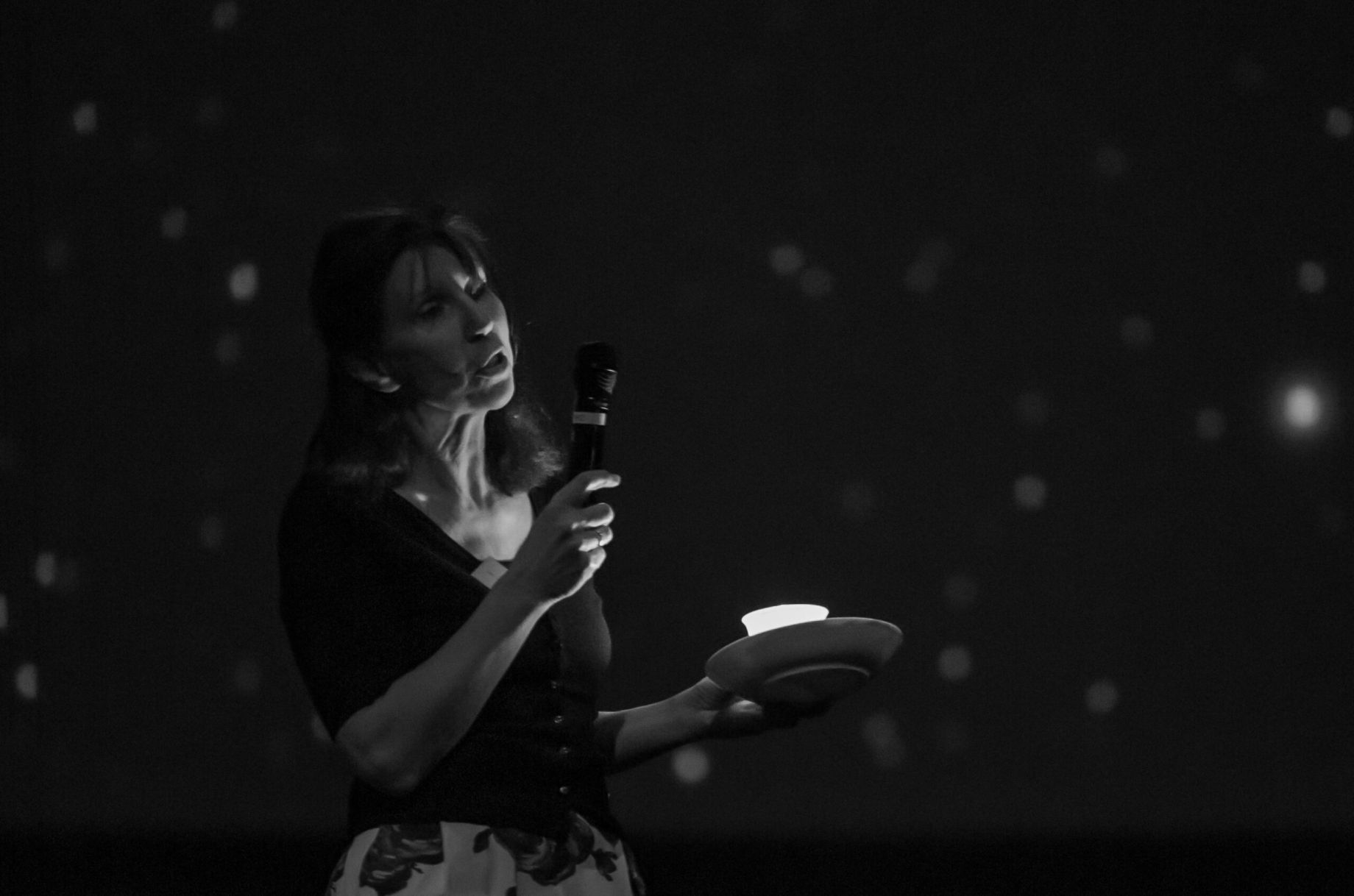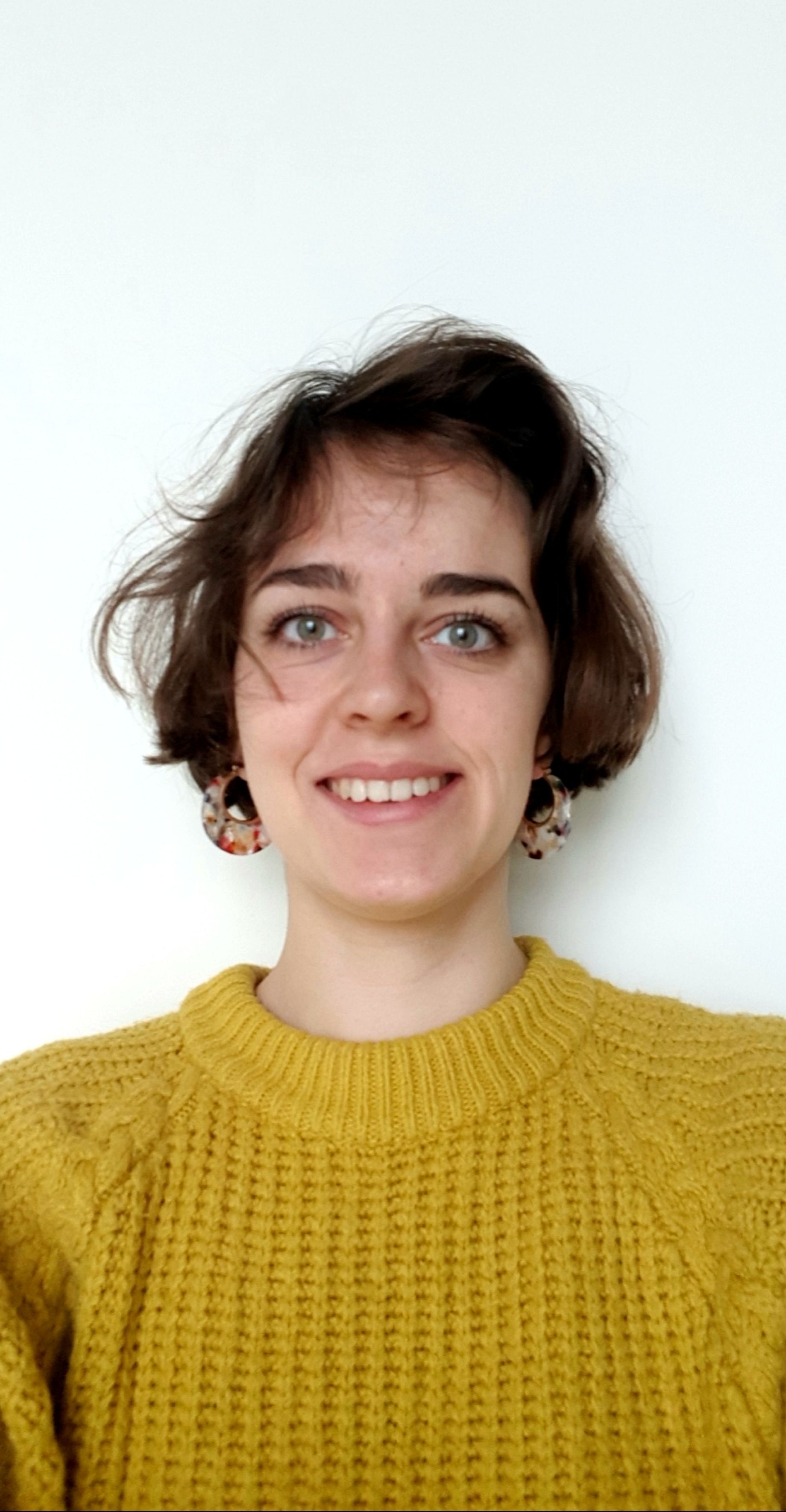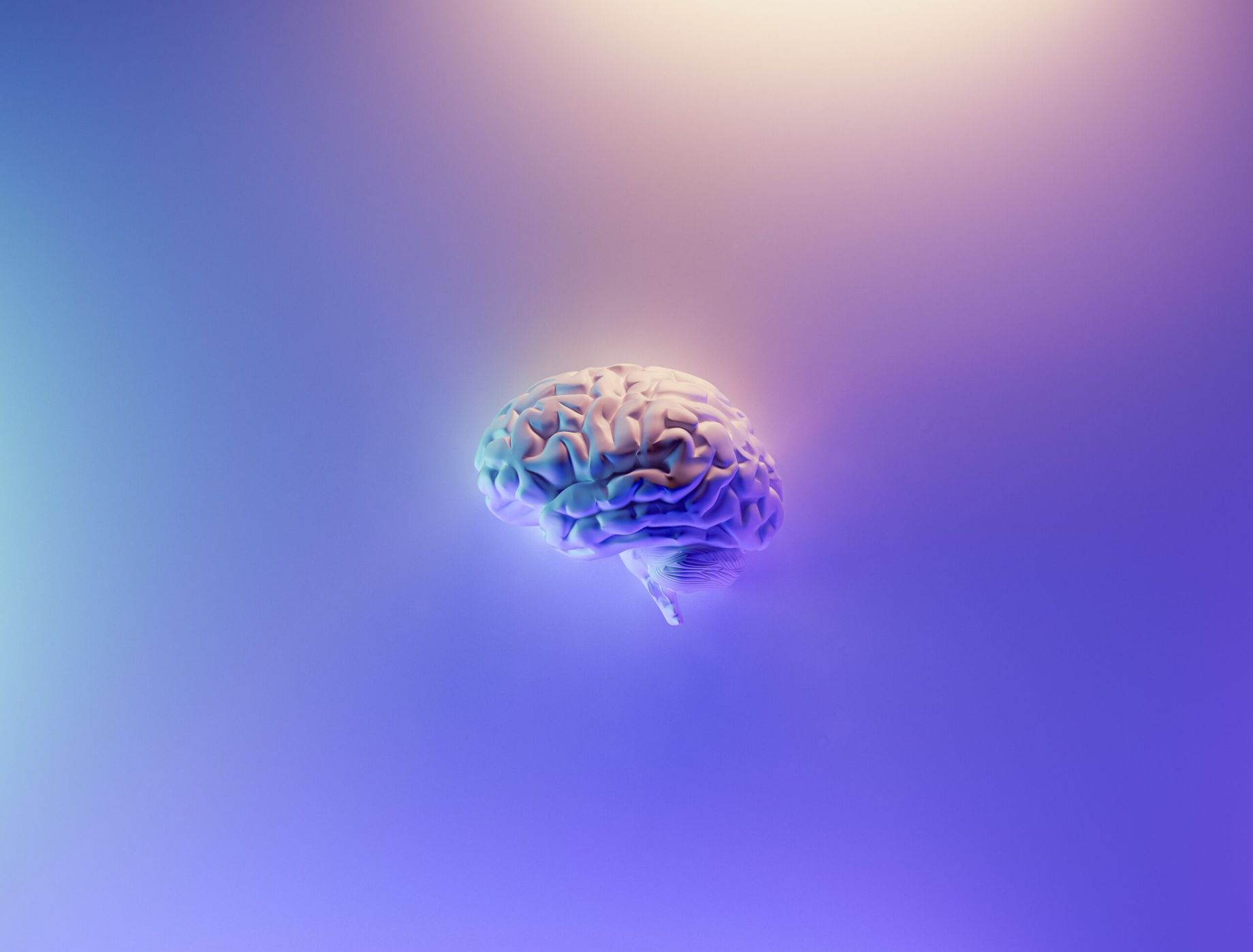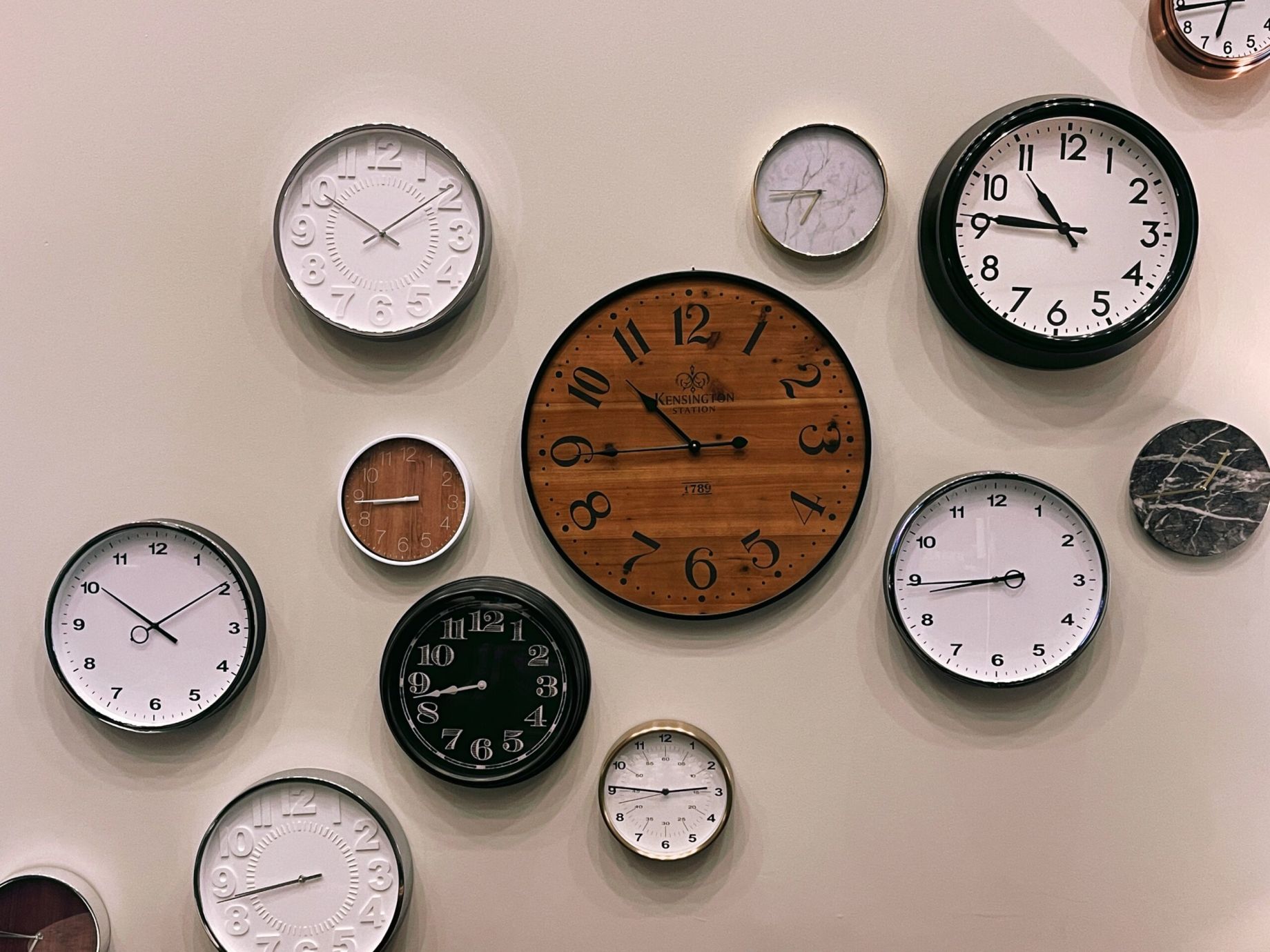Kamiel Spoelstra, BioClock researchers, explains in a large interview how artificial light affects the environment. Especially bats, his expertise, are largely affected by streetlights and building lighting. He explains that certain species may flourish in extra lighting but many species are disturbed by it. Together this reduces the diversity of bat species and biodiversity in general. Less bats leads to changes in the population of nocturnal moths as they are their source of food....
Disturbance of the circadian rhythm in Western society – an honours project
Written by bioclock on . Posted in News.
A team of honours students of the University of Amsterdam created a magazine on the disturbance of the circadian rhythm in Western society. They approached this ‘wicked challenge in health’ from different perspectives, including biological, psychological and sociological. BioClock researchers Oana-Georgiana Rus-Oswald (LU), Emma Visser (TU/e) and Tom de Boer (LUMC) were among the interviewees. The magazine can be found here:
Disturbance-of-the-circadian-rhythm-magazi...
Suffering from sleep problems as a student? Join the i-Sleep & BioClock online program.
Written by bioclock on . Posted in News.
Are you a university student who suffers from sleep problems? Do you struggle to fall asleep or sleep through the night? Say no more…In the last couple of months, we have been collaborating with experts in the field of sleep research and clinical psychology at Leiden University and Vrije Universiteit Amsterdam (VU Amsterdam) to develop the i-Sleep & BioClock program, which is now available on the Caring Universities platform!
The program will help you to…✔...
BioClock has started!
Written by bioclock on . Posted in News.
Last Thursday, April 21st, we celebrated the official start of BioClock with our kickoff event! After delaying the original meeting, we welcomed over 80 participants of the consortium on a great spring day. ARTIS Amsterdam Royal Zoo was the host of our event which allowed us to use great venues. In the dome of the Planetarium, attendees experienced a real dark night and with a sky full of stars. Milo Grootjen, head of the Planetarium, emphasized that we, unfortunately, rarely experience...
Hannah studies how light at night may contribute to the loss of insects
Written by bioclock on . Posted in News.
PhD candidate Hannah Broeckx recently started her PhD research at the University of Amsterdam. Under supervision of prof. Astrid Groot and dr. Emily Burdfield-Steel, she will investigate the effects of light at night in urban areas on the behavior and physiology of nocturnal insects such as moths. Since these animals are an important element in a food chain, negative consequences for these species may cause even larger effects on biodiversity. Hannah introduces herself below.
Hi...
Latest insight – How the human biological clock responds to light
Written by bioclock on . Posted in News.
A new publication in PNAS by BioClock researchers shows how the SCN responds to different colors of light. In the remarkable study, led by BioClock coordinator Joke Meijer (Leiden University Medical Center, LUMC), it was discovered that not only blue light triggers activity of the biological clock. This is a groundbreaking discovery because until now it was generally thought that blue light stimulates our biological clocks the most. Now Meijer and colleagues found that other colors...
Daylight savings time is a bad idea.
Written by bioclock on . Posted in News.
In the night from March 26 to 27, daylight savings time has taken place again. Many people agree that this change of time two times per year is not ideal. But a dreading discussion is ongoing on how to decide this issue. Even on European level this issue is discussed each year. Scientists are clear however: stop the change and choose wintertime/standard time. For many reasons this is better for our health, both mentally as physically and it is harmful if we were to live in permanent...
